Latest Trends in Fisheries Production in the World and Turkey
The importance of aquaculture production in the world is increasing because it is a sustainable protein source with high nutritional value. The latest trends in aquaculture production worldwide offer remarkable innovations in terms of both sustainability and efficiency. In this article, you will find detailed information about the current status and trends of aquaculture production in the world and in Turkey.
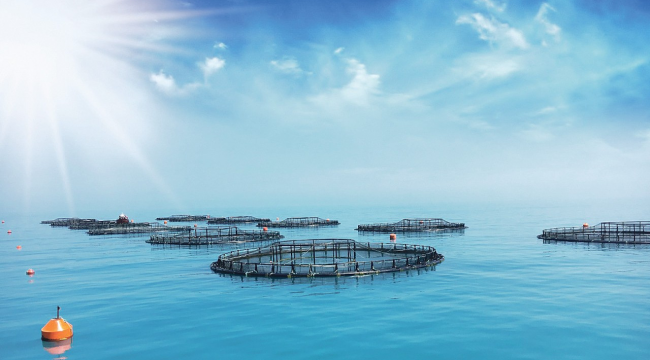
Fisheries Production in the World
According to the United Nations Food and Agriculture Organization (FAO) data, worldwide aquaculture production is increasing every year. A large part of this production increase is provided by developing aquaculture technologies.
Shrimp, tuna and salmon are among the most consumed aquatic products worldwide.
Among the recent trends in aquaculture production, sustainability and environmental awareness stand out in aquaculture.
Aquaculture Production in Turkey
Turkey has an important potential in aquaculture production with its geographical location surrounded by sea on three sides, wide coastline, and rich biodiversity. The Turkish Fisheries sector has an important role both in the domestic market and in exports. In this context, we see that Turkey follows the latest trends in aquaculture production and develops its sector with innovations in line with these trends.
Fish species such as sea bream, sea bass, Turkish salmon and trout are among the prominent aquaculture products in Turkey. These species have a significant share in Turkey’s aquaculture production and are in demand both in the domestic market and in exports.
Sustainability, environmental awareness and productivity-enhancing technological innovations are among the latest trends in aquaculture production in Turkey.
Turkey has taken important steps in increasing the quality and diversity in aquaculture production and adopting a sustainable and ecological approach.
The Turkish aquaculture industry continuously improves its production processes and product quality by actively using technology and scientific research.
Rising Star: Turkish Salmon
In addition to the area occupied by Norway and Chile in the world market for salmon exports, Turkey has also taken its place in the world market with an average annual export share of 300 million dollars in Turkish salmon, mostly with our exports to Russia, Vietnam and Japan. Developed as a result of the R&D studies of the Turkish aquaculture sector in recent years and being more delicious and satisfying than Norwegian salmon, Omega-3 warehouse Turkish salmon were exported to 45 countries with an increase of 132% in 2022, providing an export input of 345 million dollars. The unit price of Turkish salmon, which was $4.73 in 2020, reached $5.78 with an increase of 22% in 2021 and $7.1 with an increase of 25% in 2022. Thanks to the omega-3 storehouse Turkish salmon, the salmon imported from Norway also decreased.
Turkey’s success in salmon production is the result of technological and scientific investments in recent years. This particularly supports the country’s goal of becoming a world leader in salmon farming. These serious investments made by Turkey in the salmon sector also make a great contribution to the aquaculture sector in general.Sustainable and environmentally friendly approaches, especially in salmon farming, have made significant contributions to the sector. Salmon grown in Turkey are grown in accordance with sustainable fishing principles, without the use of antibiotics and GMOs in the production process. This makes Turkish salmon stand out in both the local and global markets.
Another important feature of Turkish salmon is its high Omega-3 content. This provides a great advantage in terms of both taste and nutrition. Omega-3 is an important nutrient known to be protective against a number of health problems such as cardiovascular diseases, cancer, and Alzheimer’s. Thanks to this feature, Turkish salmon has become very attractive to both local consumers and international buyers.
When we look at the export figures, Turkish salmon is in great demand, especially in countries such as Russia, Vietnam, and Japan. Since salmon is a traditional and popular food in the cuisines of these countries, salmon imported from Turkey has had a significant market share. The fact that Turkey’s salmon export has demonstrated its capacity to maintain high-quality standards and compete in international markets has also helped the country’s overall fisheries sector to grow.
Another important point is the decrease in imported salmon consumption in Turkey’s domestic market. The taste and nutritional value of Turkish salmon have led consumers to prefer local products and the market share of imported products has decreased. This situation proves Turkey’s domestic and national capability in salmon production.
In addition, scientific research and developments in salmon farming in Turkey increase the future growth and expansion potential of the sector. In particular, genetic improvement and breeding studies will further improve the quality of Turkish salmon and increase export figures.As a result, Turkey’s salmon sector seems to continue to grow with increasing domestic and international demand. This success will be reflected throughout Turkey’s aquaculture sector and will increase the country’s global influence in this field.
Trends in Fisheries Production in the World
In recent years, sustainability and environmentally friendly production methods are the leading global trends in aquaculture production. Here are some key developments in this area:
Reducing environmental impact: Aquaculture is taking important steps towards minimizing potential damage to marine and freshwater ecosystems.
Technological innovations: Technological advances in aquaculture production increase production efficiency and reduce environmental impact.
Sustainable nutrition: Fisheries play an important role in providing food security and a sustainable source of protein worldwide.
Trends in Fisheries Production in Turkey
Aquaculture production in Turkey also closely follows world trends. Innovations and developments in this field increase the competitiveness and sustainability of Turkey’s aquaculture sector in the international arena. Here are some key developments in this area:
Sustainable aquaculture: Turkey aims to reduce environmental impacts and protect biodiversity in aquaculture.
Quality and diversity: Turkey is taking important steps towards increasing the quality and product diversity in aquaculture production.
Scientific research and technological innovations: Turkey increases productivity in aquaculture production through scientific research and technological innovations.
In summary;
Worldwide and in Turkey, aquaculture production plays a vital role in terms of food security and providing a sustainable protein source. Sustainability, environmental awareness, and technological innovations come to the fore in aquaculture production both at the global level and in Turkey. These trends will shape the future of aquaculture production and help the industry become more sustainable, efficient, and environmentally friendly.
The success and sustainability efforts of Turkey in the aquaculture sector make the sector more competitive in the international arena. In this context, current Statistics and trends in Turkey’s aquaculture production highlight the quality and diversity of Turkish aquaculture products.
Understanding the situation and trends in aquaculture production in the world and in Turkey will help consumers make informed choices and support industry professionals in making strategic and sustainable decisions.

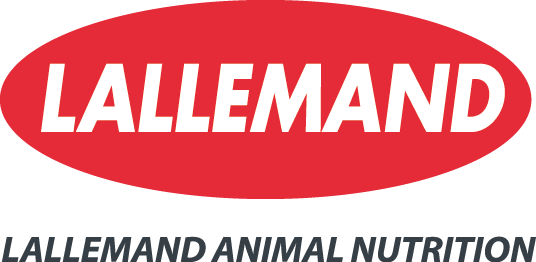
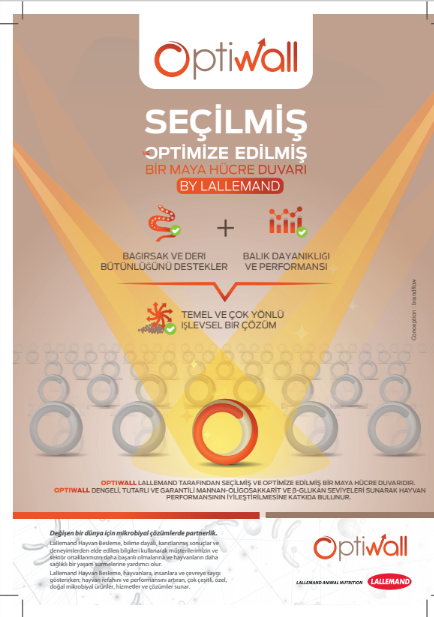
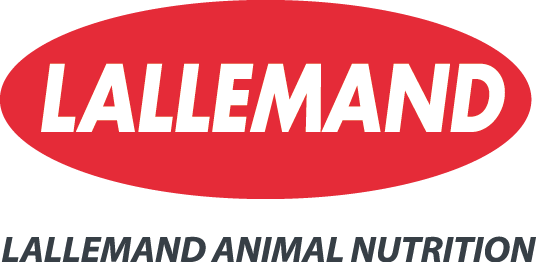
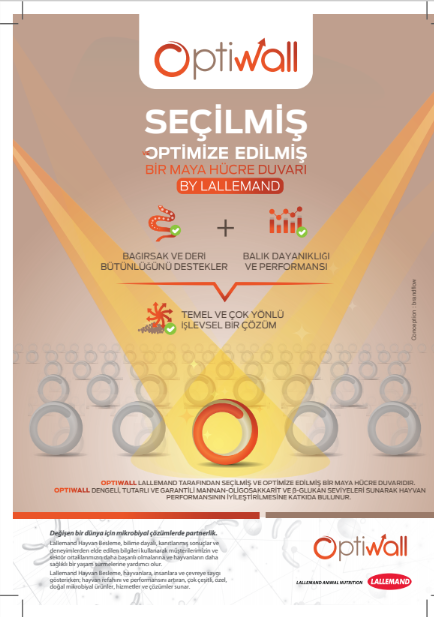
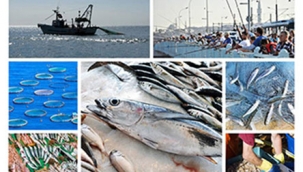
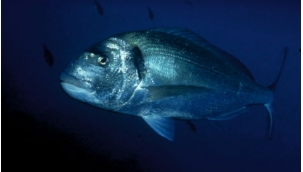
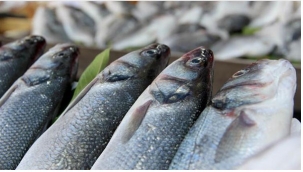
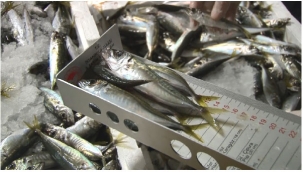
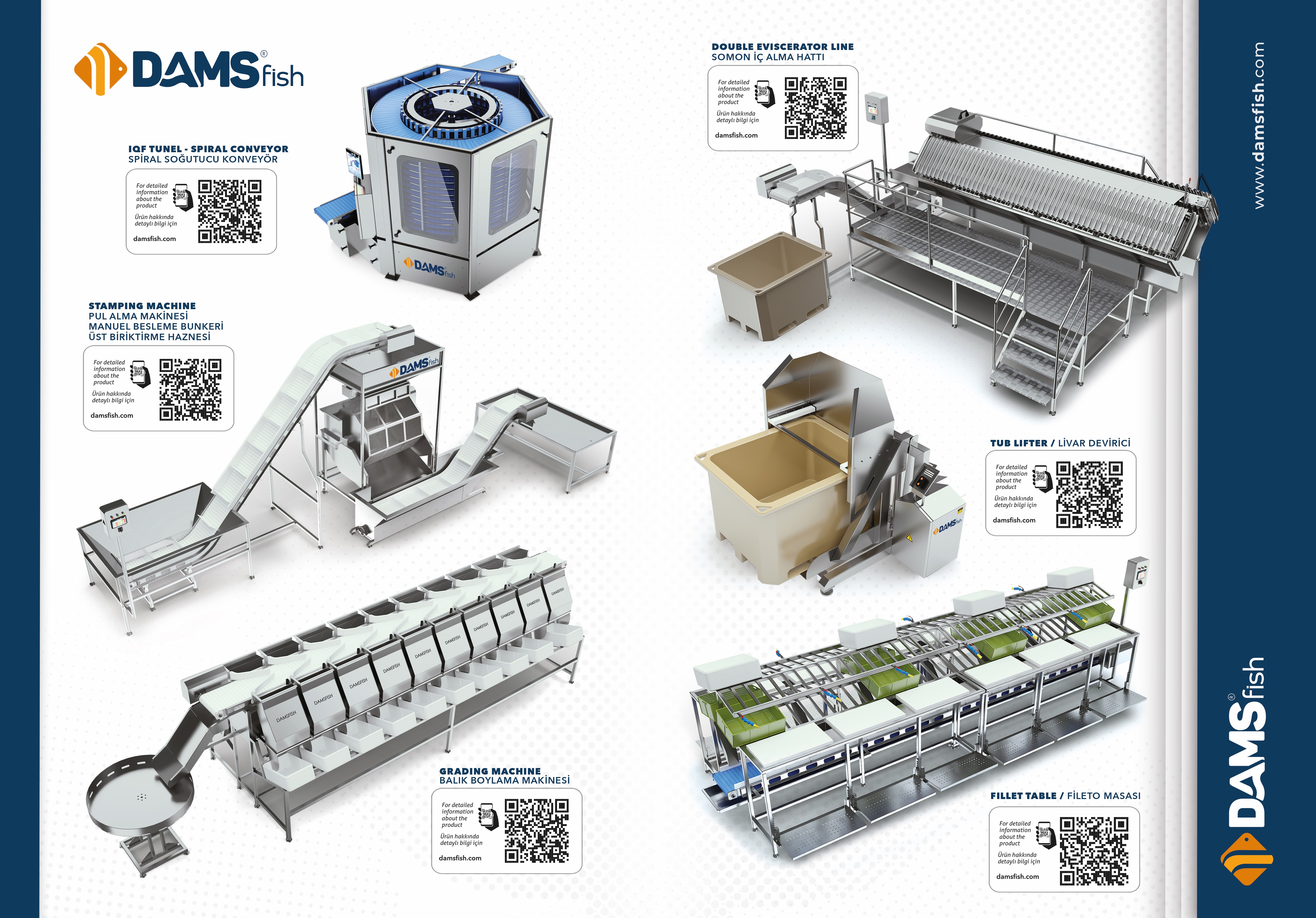






YORUMLAR